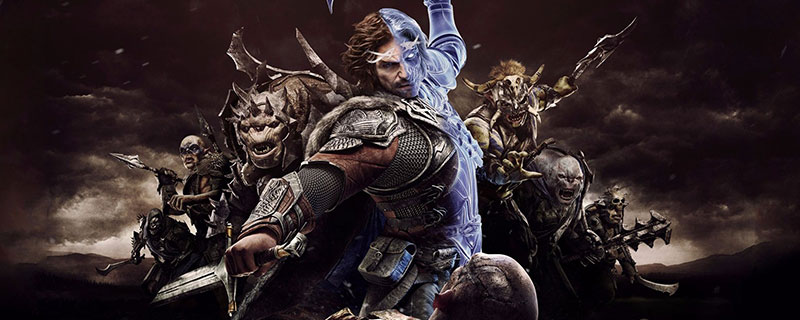
We’ve seen some major shifts in the gaming industry in the last decade or so. Even machines as crippled as consoles can boast top tier technologies. A constant push to do more with less has led developers to be smarter about what they pursue.
When it comes to PC gaming, today’s products must meet a number of requirements if they’re to be accepted, requirements even companies like EA can’t afford to screw up. In this article, I’m going to run through some of the more universal ways games have become better.
An improvement in graphics
The main marketing point for the majority of modern games is graphics, so every developer is hard at work trying to improve them. Graphics are the first thing potential customers get to experience when playing a game, and clearly what trailers showcase. This makes for a constant race among developers to improve the visuals.
Improved lighting, rendering and terrain building really allow for some stunning visuals. I myself am not much of an outdoorsman, but the few times I have gone actively sightseeing I have always ended up feeling spoiled by what I have seen in games already The vast landscapes of modern video games and their beautiful rendition is a sight to behold.
Few would argue that even a bad game can give you something nice to look at, what with advanced terrain blending and physics-based lighting and reflection making worlds all the more realistic.
Increased standard for frame-rates
Here’s a little snippet from a review of one of the long-gone Cyrix processors: “Here the 6x86MX (M2) is offering you frame rates of more than 25 fps (which is all the eye can distinguish)”
This brings me to my second point. Saying something like that would bring you a public shaming, and possibly worse. But back in the ancient days where graphics cards were a luxury, the minimum “playable” fps was thought to be 13. Most gamers today agree that the minimum playable frame-rate is 60 with a few, not so bright, individuals claiming it to be 30.
While the improvement should largely be credited to vastly evolved hardware, game developers also have to build their games around the 60fps mark, or better yet – unlimited frame rates. In the days of old since standards were lower, tying AI or physics or game logic in general to frame rate was an often seen issue, one that makes certain old titles really hard to get into nowadays.
And we needn’t reference the nineties to drive the point home. Crysis, a 2007 release, was heralded for being innovative, forward-thinking and really hard to run. People would be happy to reach 30fps at the time even on medium settings and to give credit where its due, it pioneered some awesome tech. Were the game to be released today with its then level of performance, it would be a laughing stock.
The post-launch support
Do you remember that Batman: Arkham Knight game? It brings me to my last point. The developers created the game primarily for consoles, choosing not to devote resources to the PC version and leading to an absolute mess of a game. Well, it is now pretty much completely fixed, and finally worth the PC Gamer’s time.
Every game released these days is getting post-release updates, from patches to actual gameplay improvements. Batman is surely one of the best examples of this trend (or should we say worst?).
Games are getting harder and more complicated to create, while schedules are tight as ever, with insane levels of crunch time. This means titles get released with plagues of bugs. While older games were generally less buggy, they would offer few if any patches to fix the problems. Yes, this is partly due to the internet having been younger and the lack of services like Steam and GOG in earlier days, but a flaw is a flaw.
The downside of this new post-release patch culture is that abuses do occur. Take Middle-earth: Shadow of War, for example: lootboxes were introduced to milk the customers further, and later patched out to try and get some extra goodboy points. But overall the patch culture has ushered in games that are much more stable and playable in the long run. For example, the recent “NEXT” update has made the infamous No Man’s Sky finally worth my time and money.
Of course, games have undergone any number of improvements over the years. Some have been more genre-specific while certain evil and greedy companies have ruined other improvements for everybody—by being evil and greedy. Overall, though, the stories and the technology that games have brought the world have evolved steadily, as has the expectation placed upon developers that they will bring us a better experience. It’s a bumpy ride, but to follow the trend line is indeed to look up!




















